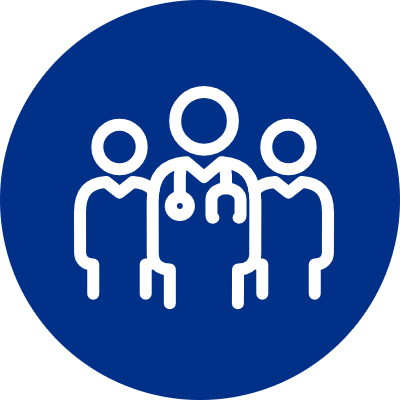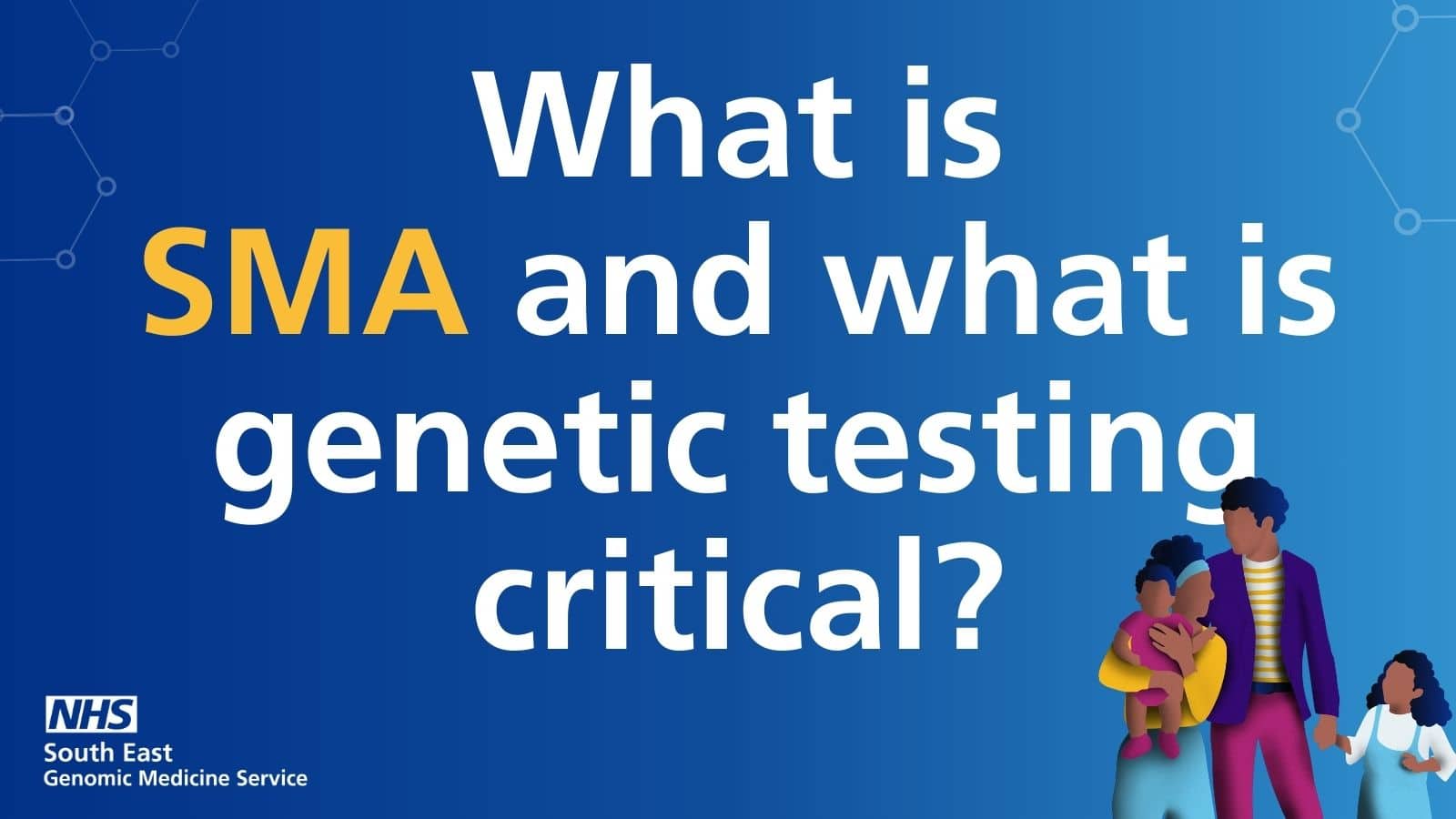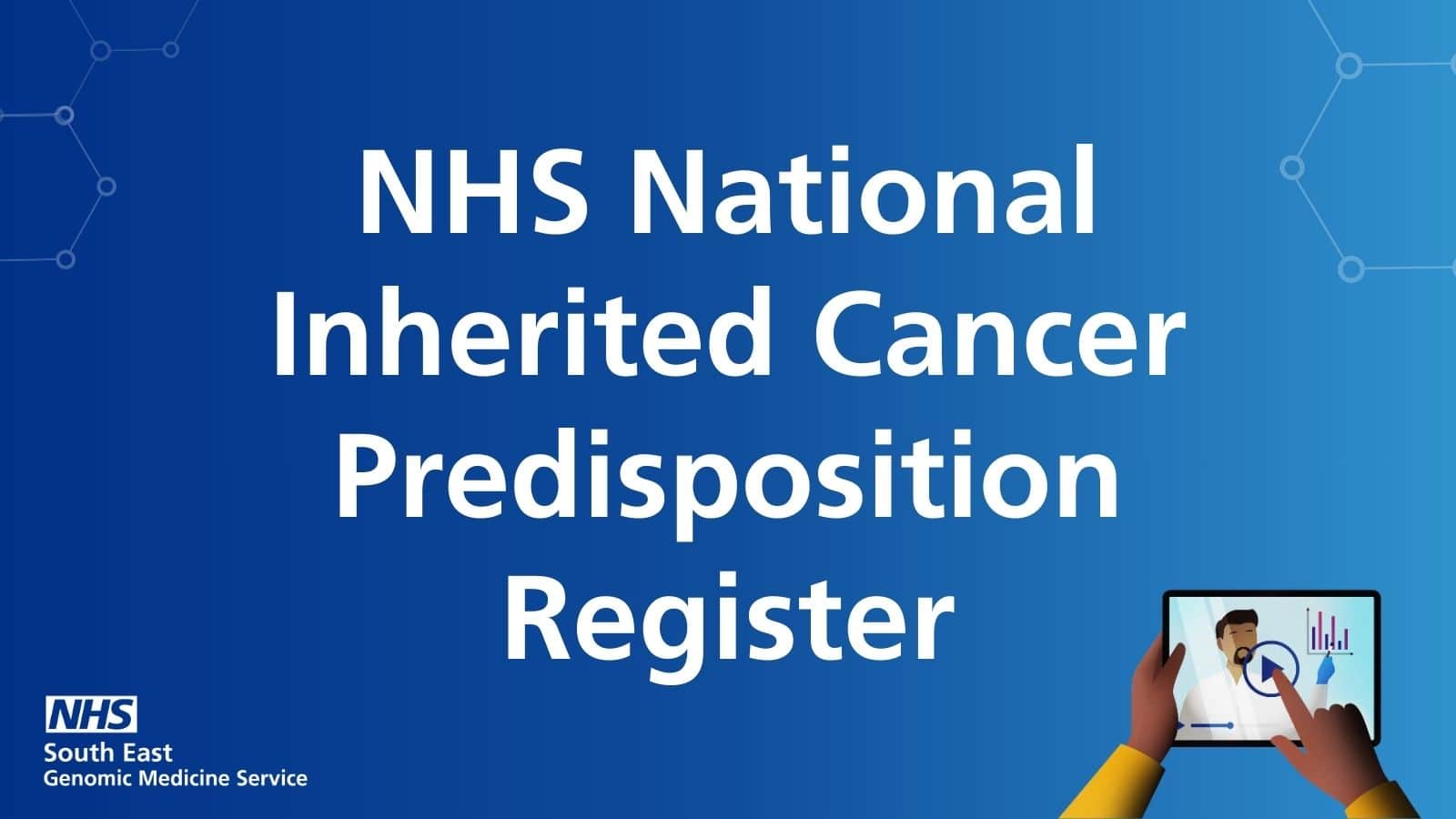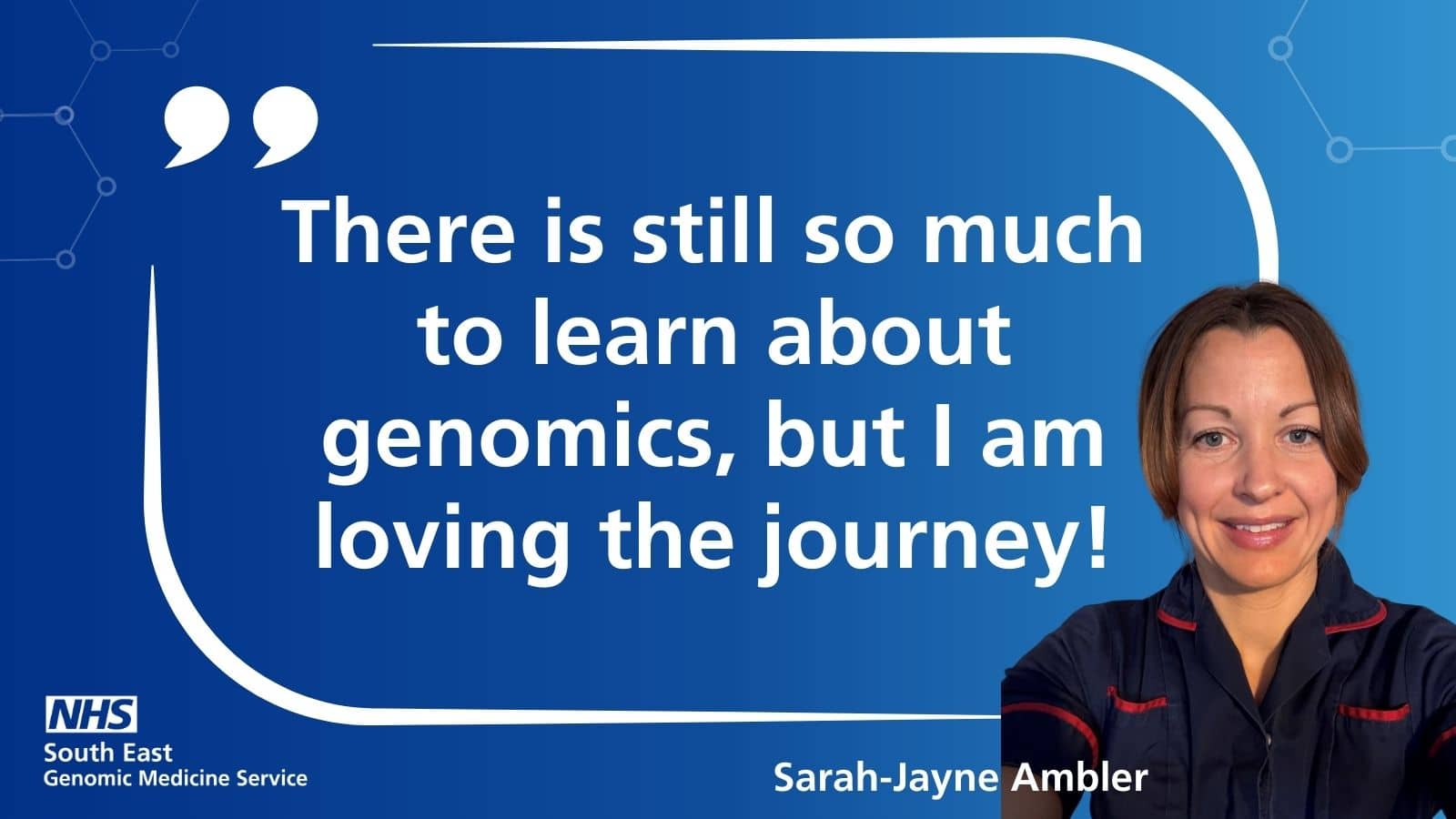New report : How can we improve the experience for people who need to be screened for Lynch syndrome?

In October we spoke to over 100 people and listened to their stories about being screened for a genetic condition called Lynch syndrome.
Everyone in England who is diagnosed with either endometrial or colorectal cancer, should be screened for Lynch syndrome, which is a relatively common genetic condition that can increase your chances of developing cancer at a younger age. If people in your close family have a diagnosis of Lynch syndrome, then you may also be eligible for screening.
Thousands of people are now screened in England every year.
We wanted to understand what their experience was like, and how it could be improved.
What did we hear?

Lack of Integrated Care

The importance of positive relationships with clinicians

Knowledge is power

Family experiences are central to the picture

Psychological & emotional support is essential

Inclusive & accessible service for all is vital
"Personally, my experience has been well streamlined from start to finish. In part because I had cancer I have been well looked after and my GP has taken a keen interest in Lynch Syndrome. There should be ongoing education and awareness being raised to all health professionals."
"We need the NHS system to be more joined up, so that I didn't need to be the one having to chase up the hospital to conduct tests on the tumour and arranging the blood test at the GP surgery and explaining why it was necessary and what was needed. While I am capable of doing this it put an extra strain on me in the circumstances and not everyone would persevere."
We have made a series of recommendations
The majority participants were generally accepting of genetic testing and preventative screening, and recognised that these steps were beneficial to themselves and their family, but more information is required.
Patients should not be made to feel the need for chasing up
appointments or results.
Recognising that there will be multiple factors affecting someone’s health decisions, and that everyone needs personalised health plans.
Standardising and scaling the ‘open door’ approach to enable patient to contact their named person for support through the screening process. This is the singular biggest change needed to positively impact on someone’s personal experience.
The RMP Beginners Guide to Lynch syndrome is recommended.
There is vast variation in quality of care, creating a healthcare ‘lottery’. This means that a family may experience disjointed care when cascade testing.
Targeted and accessible information for those with a family history of relevant cancers is also required, underscoring the importance of early screening and how it can change the course of a diagnosis.
As part of person-centred care delivery, it should be considered that a patient’s fears and decisions may be influenced by the experiences the experiences of their family members. As such, discussions of family history, even when it is not deemed clinically necessary, may be beneficial.
Suggestions include updating patients about expected wait times, information to read during this waiting period, or creating a contact helpline to ensure that patients do not feel like they have “slipped through the system.”
The full report includes much more detail including our methodology, limitations and feedback from people.
Do please take the time to read it.
This is published with permission from everyone who shared their experiences with us.
We’d like to thank everyone who took the time to talk to us and share their experiences so honestly.
Read the full report here



